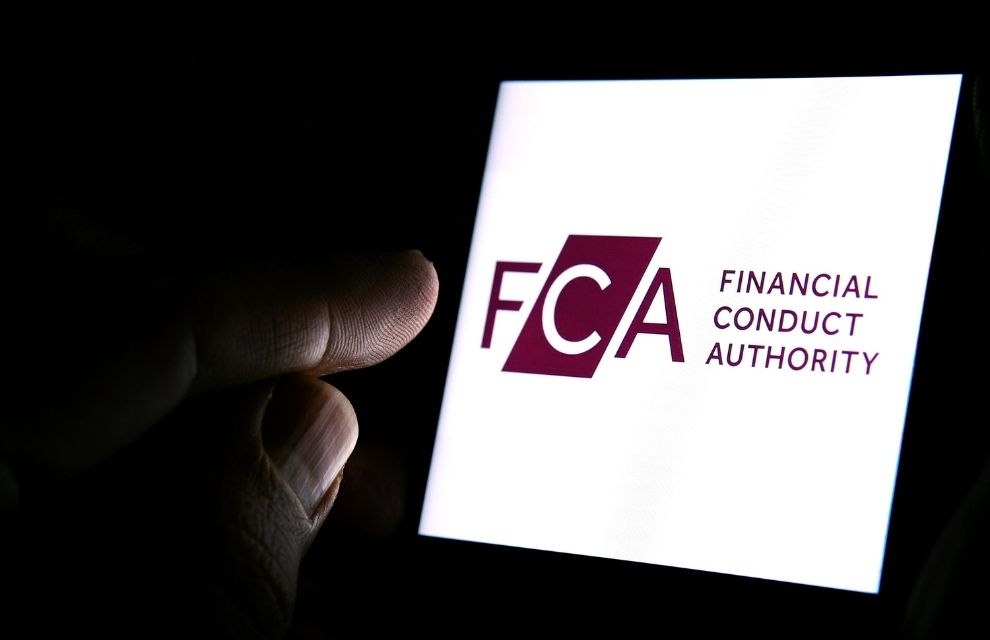Capco welcomes FCA’s aid for post-LIBOR transition
17 June 2021 UK
 Image: Ascannio/adobe.stock.com
Image: Ascannio/adobe.stock.com
Capco has welcomed the Financial Conduct Authority’s (FCA) proposed use of new powers to aid the efficient wind-down of critical benchmarks like the London Interbank Offered Rate (LIBOR).
Currently, regulated firms are pursuing transition strategies for legacy contracts and are well positioned where International Swaps and Derivatives Association (ISDA) protocol covers clients and trades.
However, Dave Grace, managing principal at Capco, suggests at present the market is simply not going to be able to address all the relevant complexities prior to the scheduled transition from Sterling LIBOR for all products and client types at the end of 2021.
In April similar concerns were raised around the amount of work yet to be carried out with regards to the LIBOR transition.
All LIBOR settings will either cease to be provided by any administrator or no longer be representative immediately after 31 December 2021, in the case of all sterling, euro, Swiss franc and Japanese yen settings, and the one-week and two-month US dollar settings.
LIBOR settings will cease immediately after 30 June 2023, in the case of the remaining US dollar settings.
According to Capco’s Grace, all banks have clients that are both unregulated and rely on their bank to contractually take on the role of the calculation agent. Typically, these clients have not adhered to the ISDA fallback protocol and active transition remains the best way to deal with these legacy trades.
He explains: “While the bilateral fallback language may have been added to more recent contracts, there are large numbers of legacy contracts in the market where that language has not been inserted, and the path to cessation at the end of 2021 accordingly remains highly uncertain.”
Currently, regulated firms are pursuing transition strategies for legacy contracts and are well positioned where International Swaps and Derivatives Association (ISDA) protocol covers clients and trades.
However, Dave Grace, managing principal at Capco, suggests at present the market is simply not going to be able to address all the relevant complexities prior to the scheduled transition from Sterling LIBOR for all products and client types at the end of 2021.
In April similar concerns were raised around the amount of work yet to be carried out with regards to the LIBOR transition.
All LIBOR settings will either cease to be provided by any administrator or no longer be representative immediately after 31 December 2021, in the case of all sterling, euro, Swiss franc and Japanese yen settings, and the one-week and two-month US dollar settings.
LIBOR settings will cease immediately after 30 June 2023, in the case of the remaining US dollar settings.
According to Capco’s Grace, all banks have clients that are both unregulated and rely on their bank to contractually take on the role of the calculation agent. Typically, these clients have not adhered to the ISDA fallback protocol and active transition remains the best way to deal with these legacy trades.
He explains: “While the bilateral fallback language may have been added to more recent contracts, there are large numbers of legacy contracts in the market where that language has not been inserted, and the path to cessation at the end of 2021 accordingly remains highly uncertain.”
← Previous industry article
ICSD Clearstream partners with Saudi securities registry to streamline access to vast capital market
ICSD Clearstream partners with Saudi securities registry to streamline access to vast capital market
NO FEE, NO RISK
100% ON RETURNS If you invest in only one asset servicing news source this year, make sure it is your free subscription to Asset Servicing Times
100% ON RETURNS If you invest in only one asset servicing news source this year, make sure it is your free subscription to Asset Servicing Times



